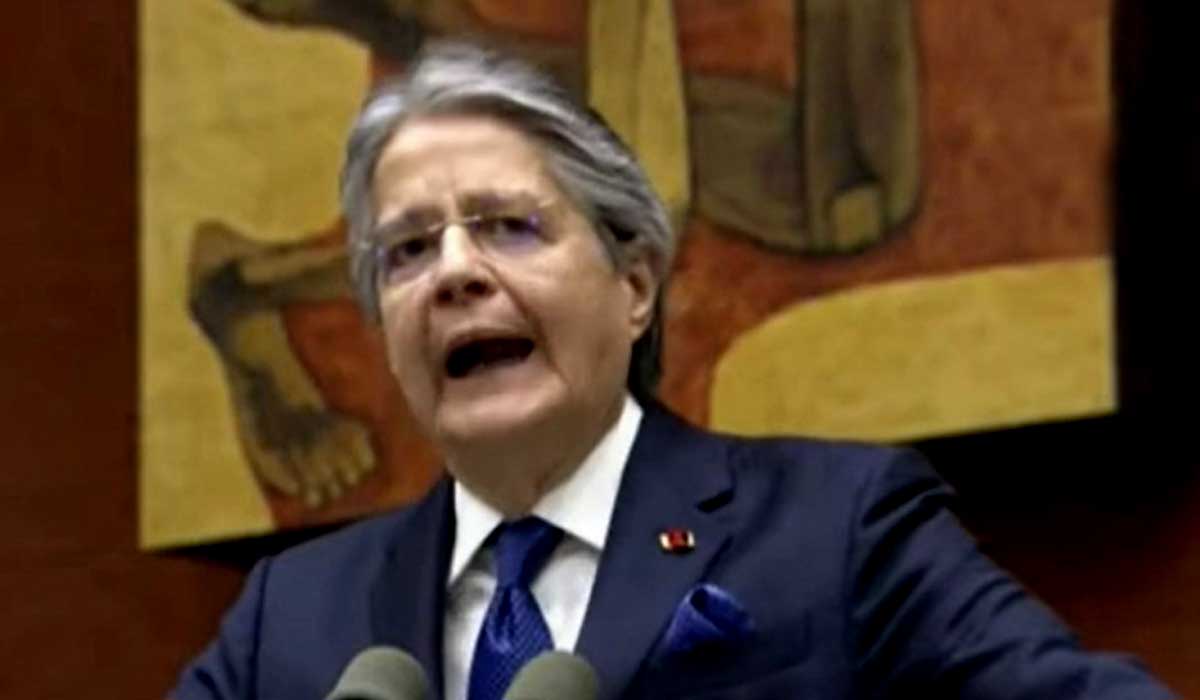
Pakistan’s Selective Minority Community Outreach – An Op-Ed Analysis
In recent years, Pakistan has made efforts to improve its outreach to minority communities within its borders. These initiatives are undoubtedly positive steps toward a more inclusive and tolerant society. However, a closer examination reveals that this outreach is often selective and fails to address the systemic issues that continue to plague Pakistan’s minority populations.
On the surface, there have been commendable efforts to promote religious harmony and protect the rights of religious minorities. For instance, the establishment of the National Commission for Minorities and the opening of the Kartarpur Corridor for Sikh pilgrims have been widely praised as gestures of goodwill. However, it is essential to recognize that these initiatives often serve a strategic purpose or garner positive international attention rather than addressing the core problems faced by minority communities.
One glaring issue is the persistent discrimination and violence against religious minorities, particularly Christians, Hindus, and Ahmadis, in Pakistan. Cases of forced conversions and blasphemy allegations have not abated, and the perpetrators often go unpunished. While there may be condemnations and promises of justice, the reality on the ground remains grim.
Furthermore, economic disparities disproportionately affect minority communities. Limited access to quality education and employment opportunities relegates many minority individuals and families to the fringes of society. While some token scholarships and reserved quotas exist, they are far from sufficient to rectify the deep-rooted economic disparities.
Moreover, discriminatory laws, such as the blasphemy laws, continue to be used to target and oppress religious minorities. These laws not only infringe upon freedom of expression but also fuel religious intolerance and extremism. Their existence undermines any genuine efforts to promote religious harmony and protect minority rights.
The government’s selective outreach also raises questions about the sincerity of its intentions. Initiatives like the Kartarpur Corridor are welcomed, but they should not serve as distractions from the pressing issues at home. Pakistan must address the concerns of its own minority populations before attempting to showcase its commitment to religious freedom on the international stage.
True progress in minority community outreach requires comprehensive legal reforms, educational improvements, and a concerted effort to combat religious intolerance and extremism. This entails not only addressing specific incidents of discrimination and violence but also dismantling the systemic biases that perpetuate these injustices.
Pakistan’s efforts to reach out to minority communities are commendable but ultimately fall short of creating lasting change. Selective outreach and international optics should not divert attention from the urgent need for systemic reform. To truly protect the rights and dignity of all its citizens, Pakistan must tackle the root causes of discrimination and intolerance faced by its minority communities head-on. Only then can it genuinely claim to be a nation that values diversity and pluralism.




